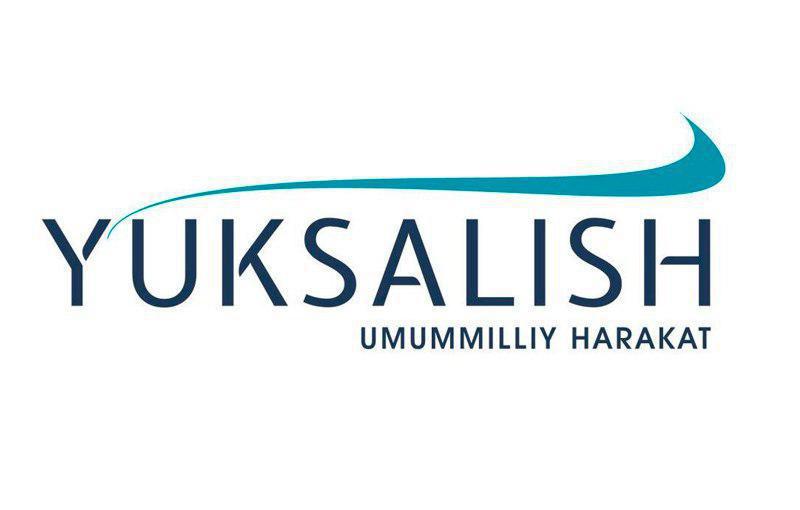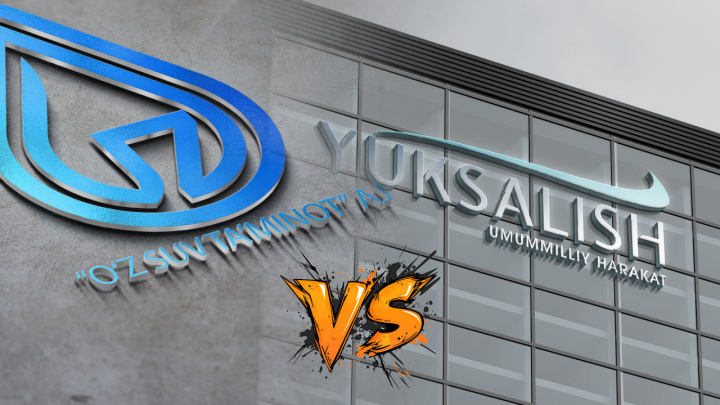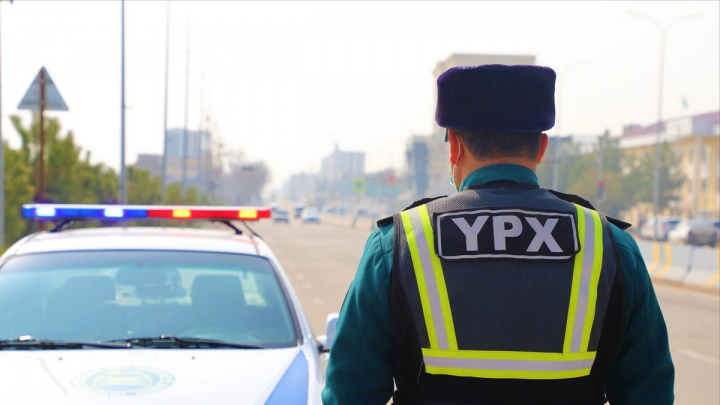Will Russian become an official language in Uzbekistan? Yuksalish nationwide movement comments

Representatives of the Yuksalish nationwide movement commented on the proposal of the Uzbek “intelligentsia” to give the Russian language official status.
Over 80% of the population of Uzbekistan are Uzbeks, whose share in the total population is systematically increasing. There are also large communities of other nationalities. More than 10% are representatives of other peoples of Central Asia (about 5% - Tajiks, 3% - Kazakhs, 2% - Karakalpaks, 1% - Kyrgyz, as well as Turkmen and others). Russian and other Slavic peoples make up 10% of the republic’s population.
According to the law “On the state language”, official language of the country is the Uzbek language. Giving it the state status does not infringe the constitutional rights of nations and nationalities living in the territory of the republic in the use of their native language. Citizens have the right to choose the language of international communication at their discretion.
At the same time, Uzbekistan respects the languages of all nations and nationalities living in the country and creates conditions for their development. The country's mass media is broadcast and published in several languages of nations and nationalities residing in Uzbekistan.
Taking into account the prevailing realities, the Yuksalish nationwide movement believes that it is not advisable to give exclusive status to a particular language. Because any growing linguistic influence from outside can become a threat to the native language and culture. So, for example, in Sweden, in various spheres in favor of the English language, they no longer use the Swedish language. There is a state loss of the Swedish language. In many countries with a colonial past, old colonial languages are the language of social life, while the mother tongue is used only for home use and informal everyday communication.
Underestimating the knowledge of other languages is harmful and serves as a brake on progressive development. However, we are witnessing how the modern Uzbek language has changed, including the literary one - words of foreign origin are becoming more prevalent, historical significance of the Uzbek language is lost, the origin and formation of which has very deep roots.
It is important in the era of regionalization and globalization, which sets guidelines and bases for states to fit into modern global processes, preserve traditional values, national and cultural identity, the totality of which is the driving force of human development.
Related News

19:15 / 07.10.2025
Yuksalish movement calls for easing import rules and simplifying device registration through UzIMEI

17:20 / 20.06.2025
Yuksalish movement criticizes water infrastructure; Uzsuvtaminot defends progress

12:06 / 02.12.2023
“Yuksalish”: Punishment for publishing photos and videos of law enforcement agencies contradicts the policy of openness

18:26 / 24.08.2023




